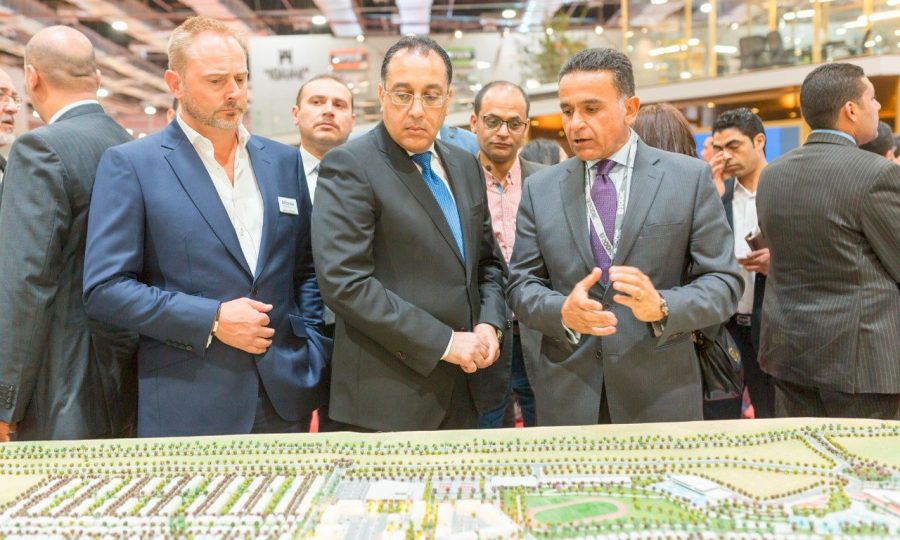Egypt’s New Capital City is an Unnecessary Risk
On March 15, Egyptian Housing Minister Mostafa Madbouly announced long-term plans to build a new Egyptian capital named Wedian that is located just 45 kilometers (27 miles) away from Cairo. This decision comes after decades of rapid growth and urban agglomeration that have left Cairo overpopulated and suffering from high levels of pollution. President Al-Sisi has outlined that Wedian will be more than 175,000 acres. In addition to the massive size of the project, Wedian will be constructed as a smart city, as it will incorporate the use of technology to create a more efficient use of physical infrastructure. However, according to the Ministry of Housing, this massive overhaul comes at a construction cost of over $45 billion during the seven-year plan, which could be otherwise spent repairing the vast socioeconomic disparities across the Egyptian population.
A brief review of Egyptian history reveals that building a new capital or moving the current capital is not a new concept. In fact, the location of Egypt’s capital has changed approximately 28 times throughout the country’s history. The reasons behind these relocations are mainly political, as they were a result of several changes in ruling dynasties over the centuries. The more recent attempts to build a new capital came during the tenure of President Anwar El Sadat in the late 1970s. Although Sadat’s project had a promising start, it was completely abandoned after his assassination during the Mubarak administration.
Despite Egypt’s struggles in the past, Wedian provides a comprehensive urban solution to many of the issues that plague Cairo. As previously stated, the city will be designed on a massive 175,000 acres and, with this larger size, Cairo will be able to reduce the population density and tackle the issues brought by overpopulation. Wedian’s planned 100 districts and 21 housing residential areas are also meant to support efforts to disperse the population over a larger area. In terms of the various transportation issues within Egypt, Wedian will feature metro lines to connect the city with both Cairo and Suez. This would create an environmentally efficient transportation system that would provide sustainable alternatives for transportation around the city. Furthermore, the city aims to target the lack of healthcare by building more than 600 facilities for health care and education services.
Although these designs and features of the new city sound ideal, the feasibility of the project is grossly overestimated. In other words, the government boasts that the public looks at this project from an “economic perspective,” which is in reference to the fact that this new capital will reportedly create 1.5 million new job opportunities. Lobbyists have even gone as far as arguing that having a new “Dubai-like” capital will be a strong magnet to increase foreign and domestic investments and subsequently boost the Egyptian economy. The Ministry of Urban Development seems to think that the most viable solution to the issue of overcrowding is abandoning Cairo completely.
However, what the Ministry of Housing has failed to see is the fact that creating a new city without addressing or correcting the mistakes of the past will simply yield the same results. Therefore, the government should first address the stark socioeconomic disparities between the different provinces in Egypt before trying to create an entirely new city which would take decades to fully develop. In other words, it should be the highest priority for the government to improve the quality of life among the greater Egyptian population. The vast investments that are being planned for this project should instead be directed towards development projects across Egypt that would support the rural and poorer communities surrounding Cairo.
Despite these discussions, Wedian remains in construction and is currently in the second year of the ambitious seven-year plan to establish the new administrative capital. The project remains to be a poorly calculated risk and does not offer valid solutions to key issues plaguing Cairo. However, only time will tell whether the new administrative capital will achieve its goals, as it usually takes decades to complete such large and ambitious urban projects.
Youssef Emara, GSB ’23, is a business administration major from Cairo, Egypt.










































































































































































































